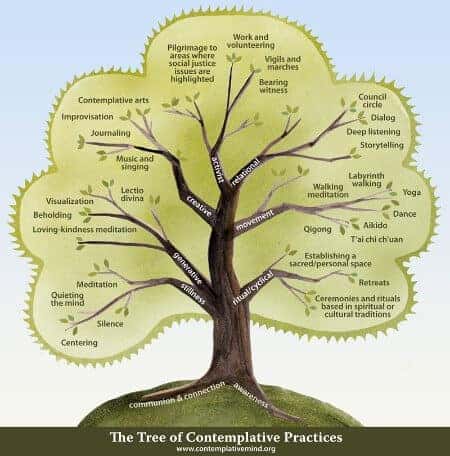While traditional biomedical training focuses on acquiring disciplinary expertise, a complementary suite of learning techniques is catching on at Cornell. Activities that tap self-awareness and creativity – such as dance, art, sleep, meditation, hobbies and play – can have a positive impact on problem-solving and other research practices.
An article published in the Journal of Biomedical Education in July uses Cornell’s programming as a model to discuss how institutions can integrate a broader set of learning tools into curricula for future scientists and clinicians.
The program began when Dr. Rodney Dietert, professor of immunotoxicology in the College of Veterinary Medicine, co-created a new course, Tools for a Lifelong Career in Research, to give students practical tips to make the most of their research careers by activating creativity. Dietert co-authored an accompanying textbook on the subject and has given many workshops to share techniques that help scientists gain broader perspectives on problem-solving.
“Contemplative practices,” a broad set of activities that facilitate a state of calm centeredness and aid the exploration of meaning and values, are employed in many corners of higher education. The Cornell program’s activities are presented in a framework developed by the Center for Contemplative Mind in Society in conjunction with the University of Massachusetts, Amherst, called “The Tree of Contemplative Practices.”
While increasingly popular in some sectors of academia, such methods have rarely touched the curricula in biomedical fields.
“The practices are very widespread in academia, yet such training to achieve flexibility, adaptability and broadened perspectives using contemplative practices has been rare among biomedical education programs,” Dietert says. “Once I looked at the exercises and material I was teaching, I realized they aligned very well with this contemplative practices tradition that has been established in other disciplines. This paper presents the material I’ve developed as well as contemplative practices frameworks in a biomedical context. It encourages people to look at the tree and incorporate it into courses, regardless of discipline.”
With exercises designed to broaden perceptional awareness, decrease emotional drama and mobilize strategies for creative problem-solving, the educational initiative aims to increase students’ self-awareness and self-regulation while providing them with career-long tools. Dietert finds many parallels between basic elements of the initiative and the Tree of Contemplative Practices framework, and suggests ways other institutions could share similar educational tools.
“In an age when students are more wired in than ever, their default is to get information externally,” Dietert says. “This type of education empowers students to go internally for some of their information and achieve better intellectual balance. I think that’s something we’re not teaching enough. Students who learn these things become more resilient because they have multiple ways to problem-solve and access information. I believe it will be useful to have more intuitive clinicians and researchers, and this is a way to encourage their growth.”
In August, Dietert will present a workshop in Cornell’s PREPARE program for incoming international freshmen.


